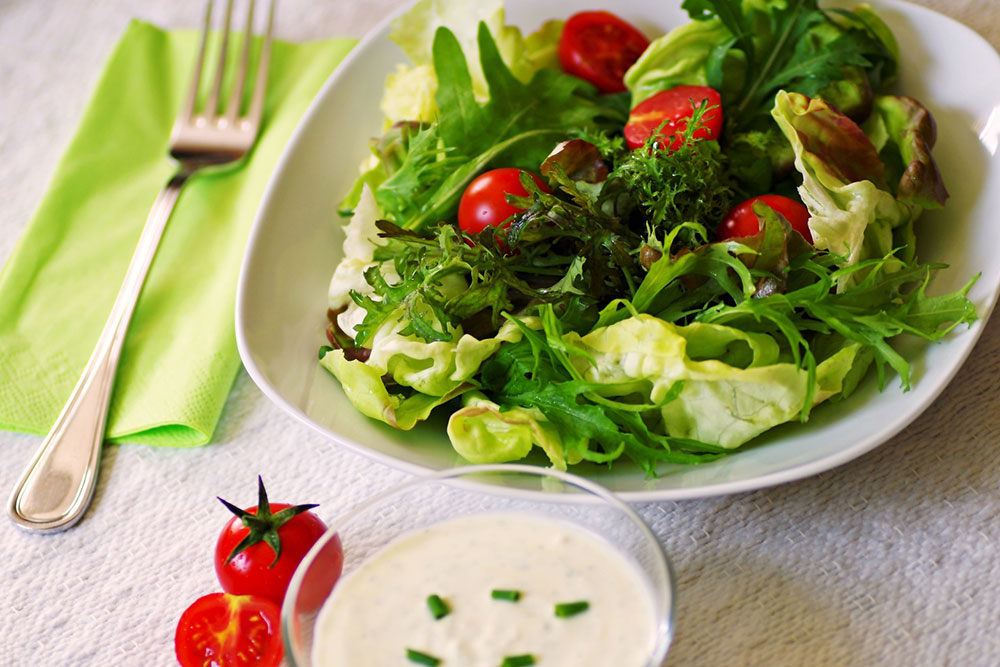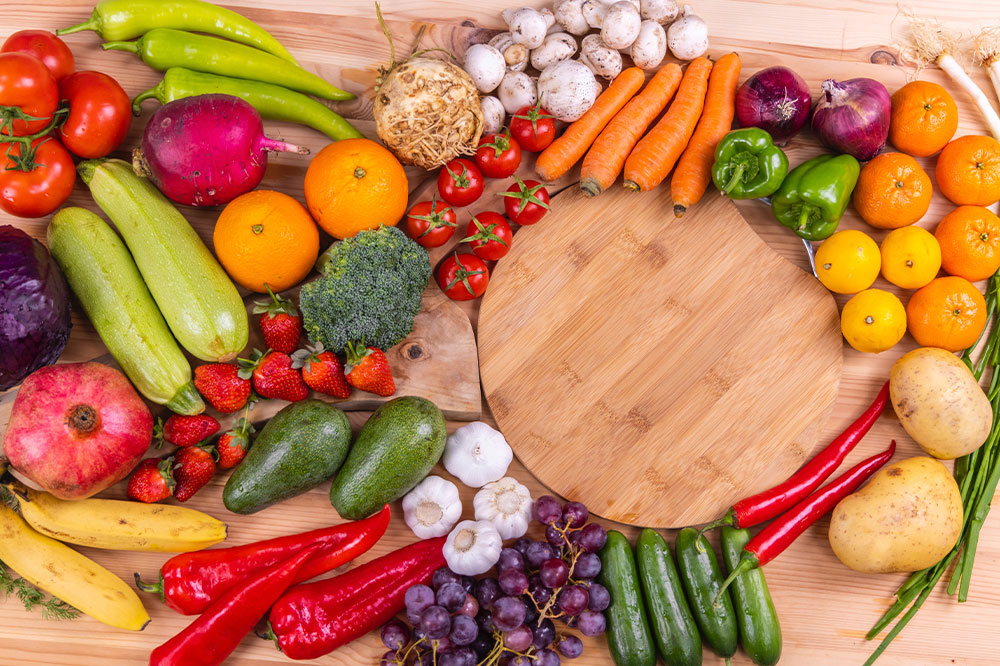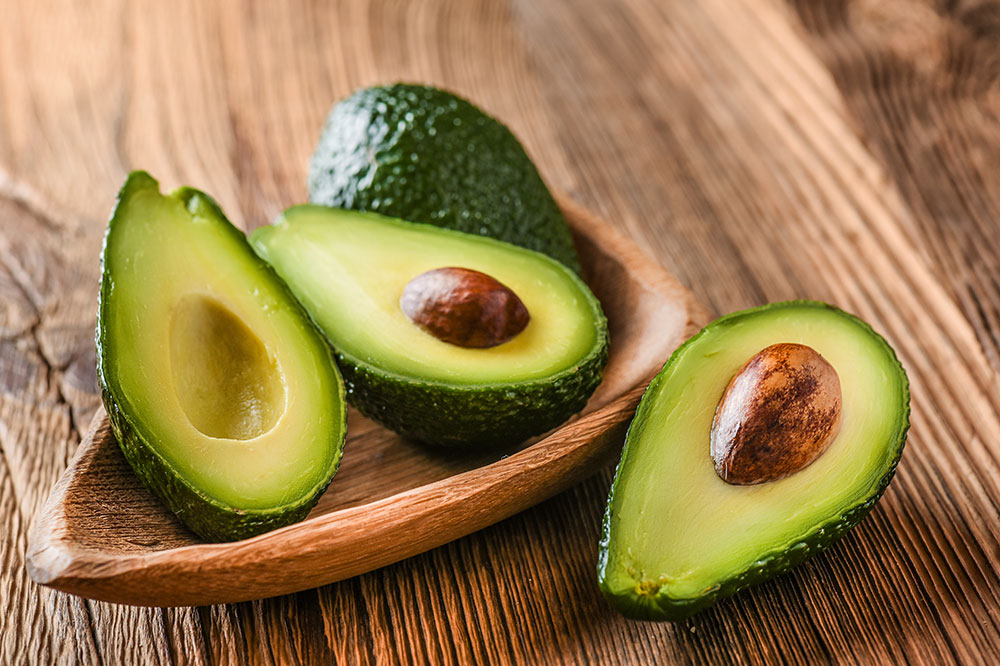Essential Nutritional Tips for Breast Cancer Prevention and Support
Discover key dietary strategies to support breast health and reduce cancer risk. Incorporate nutrient-rich fruits, vegetables, healthy fats, and whole grains while limiting processed foods and red meats. Proper nutrition is vital for strengthening immunity and promoting overall well-being in breast cancer prevention. Always consult healthcare professionals for personalized advice.

Essential Nutritional Tips for Breast Cancer Prevention and Support
Nutritional choices play a significant role in reducing cancer risks. While no specific diet can guarantee prevention of breast cancer, consuming nutrient-rich foods can strengthen immunity and promote overall health. Opting for organic produce helps prevent cellular damage caused by toxins. A diet rich in vegetables, fruits, legumes, and whole grains helps maintain a healthy weight and supplies vital energy, contributing to lower breast cancer incidence, especially in regions favoring plant-based diets.
Research indicates that high-fat diets during adolescence may increase breast cancer susceptibility, even if not overweight. Excess fats boost estrogen levels, potentially encouraging abnormal cell growth. Therefore, moderating fat intake is advisable.
Studies show that teenage girls consuming high-fat diets have a higher chance of developing breast cancer later in life. Since calories from fats can elevate estrogen, limiting fat intake is beneficial. Focus on incorporating fruits and vegetables, which have protective antioxidant and anti-estrogen capabilities. Cruciferous vegetables like broccoli, cabbage, and kale are especially beneficial due to their phytochemicals. Whole fruits provide fiber and lower calories compared to juices, promoting satiety.
Healthy Fats
Keep dietary fats under 30 grams daily, avoiding trans-fats found in processed baked goods, margarine, and fried foods. Prioritize omega-3-rich options like salmon and sardines while reducing red meat and processed meats, which are high in salt, fats, and preservatives. Opt for healthier alternatives like turkey bacon instead of nitrate-laden pork bacon.
Dairy Consumption
Choose non-fat or skim milk and organic dairy products to maximize nutrient intake, including beneficial compounds like conjugated linoleic acid. Avoid hormones injected into cattle that may be present in conventional dairy.
Snacking Smart
Carry healthy snacks such as bell pepper sticks, baby carrots, fat-free yogurt, and almonds, which are better choices than processed snack foods.
Whole Grains
Include whole grains in your diet to boost fiber intake, aiding digestion, lowering cholesterol, and keeping you full longer. Use whole grain flour in baking instead of refined white flour to enhance nutritional value.










